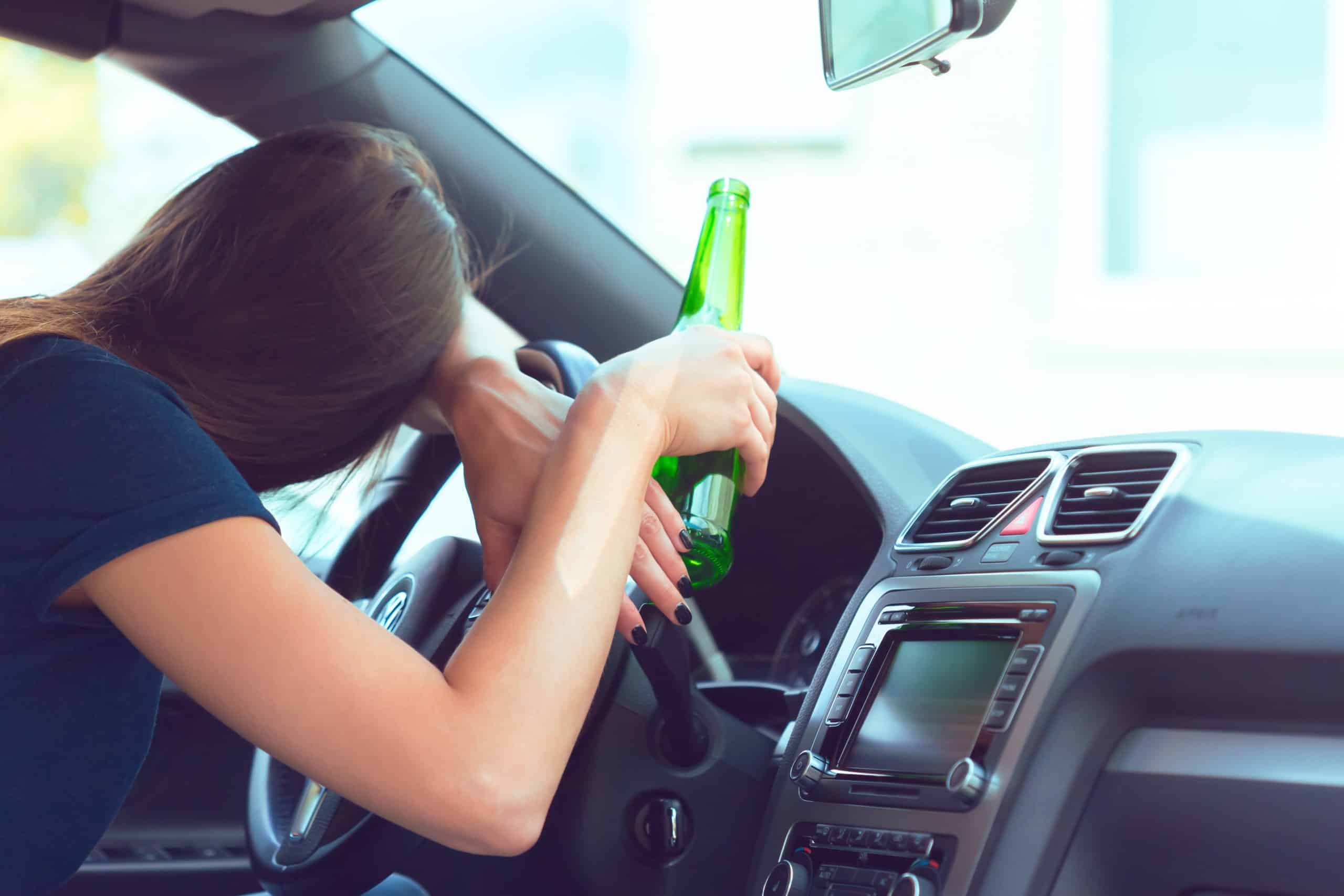Every year, Officers perform millions of spontaneous breath tests and around 3000 roadside drug testing.…
The Long-Term & Short-Term Consequences Of Impaired Driving – Guest Post

While it can be fun to go out with friends, have some fun, and take the car for a ride, it’s essential to do so responsibly. Driving while drunk or high can lead to a DUI that will negatively impact your life. Whether there were people who got hurt or damage that cannot be undone, you’re about to experience an array of unideal challenges.
Before going out and having a good time, you should brush up on the long-term and short-term consequences associated with impaired driving. This way, you’ll be able to consider your choices next time you plan to go to a bar or party.
What Is a DUI?
According to statistics from the National Highway Traffic Safety Administration, roughly 1.5 million people were arrested in a given year for driving under the influence. A DUI is charged to individuals that drive while under the influence of alcohol and other substances. If your blood alcohol content (BAC) is 0.08 or more after an accident or getting pulled over, you can expect to receive a DUI charge.
In most states, a DUI conviction will be considered a misdemeanor or a felony. While both are criminal offenses, misdemeanors are less serious than felony charges.
Your first or second DUI convictions are considered misdemeanors, meaning the amount of jail time could be one year or less. You will typically receive a fine of $1000. Felony DUIs are generally more severe. If you have more than two prior DUI convictions that have all occurred relevantly close together, it’s considered a felony charge. Other contributing factors, such as injuries, deaths, or having child passengers, can upgrade your DUI to a felony charge. These fines can be up to $7000 or more.
Regardless of what type of DUI you may receive, you can anticipate the consequences of your actions.
Short-Term Consequences
Upon receiving your first DUI charge, there are specific short-term consequences you may experience:
- Temporary driver’s license suspension
- Temporary confiscation of your vehicle
- Expensive fines and court fees; your lawyer’s fees are an additional cost.
- Possible jail time, probation, and house arrest
- Court-mandated community service
- Raised insurance costs: A DUI can cause your insurance premium to become more expensive.
Some of these consequences only have short-term effects. However, should you continue to receive DUIs, they can develop into more extreme outcomes.
Long-Term Consequences
Even when you have paid your fines or fulfilled your legal agreements, your DUI can stand in the way of your future goals and opportunities.
Some long-term consequences of a DUI conviction may include:
Driver’s License Revocation
Your driver’s license can be revoked if you’ve been arrested and convicted of a DUI. Some people can go as long as a few years after their first conviction before having their license reinstated. You may find it strenuous to adapt to life after you’ve spent many years driving yourself around. It can cause challenges with running errands, going on trips, and participating in family/social outings.
Employment
A DUI can get in the way of your current job or other potential job opportunities. It may prove difficult to work your scheduled shifts while meeting court dates, community service, and potential jail time. As a result, you may be at risk of losing your job.
If you have multiple DUI charges and are looking for a new job, employers might be less inclined to hire you. In addition, you won’t be able to apply to any jobs that require you to operate a vehicle.
Background Checks
A background check is part of the process when employers are considering an applicant for a job. A misdemeanor or felony DUI conviction will come up during a background check and potentially ruin your chances of securing a job. Beyond the world of employment, background checks are implemented during housing applications, college admissions, financial aid applications, and more. If you’re planning on traveling, some countries won’t let you enter if you’ve been charged with a DUI; you’ll need to apply and pay for a special permit.
Insurance Rates
DUI convictions can result in increased auto insurance rates. When charged with a DUI, you are considered a high-risk driver by some insurance companies. Therefore, rates can be double or triple the amount you used to pay. In some cases, insurance companies may terminate your coverage altogether.
According to a reliable DUI lawyer in Winnipeg, many people believe that using a car while intoxicated is the only way to get a DUI charge. This is not the truth. Operating other motor vehicles, such as motorcycles, boats, and snowmobiles, can also result in DUI charges and higher insurance rates.
Personal Life
Receiving a DUI can affect how your friends and family perceive you and hinder your personal relationships. While this can impact how the special people in your life treat you, it can also keep you from potential scholastic or employment goals. Most people don’t realize how much their personal life will suffer if they drive while impaired.
It’s paramount to ensure you follow the rules of the road. Even if you aren’t too familiar with the repercussions of DUI charges, it’s critical to recognize the after-effects of your choices. Read more about our information on auto accidents and other factors involved in making the road a safer space for everyone.
